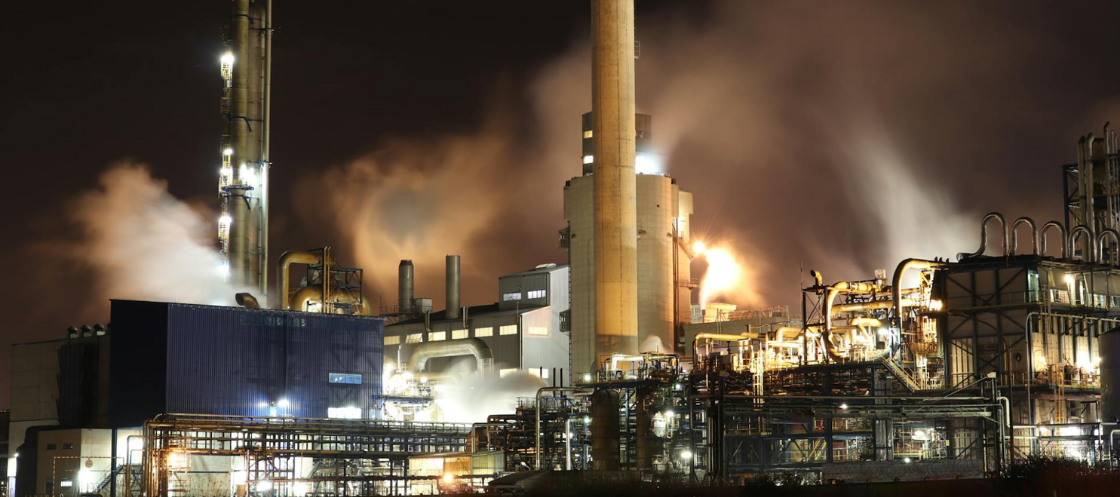Report finds methane emissions have risen by 20% over past two decades
The report, produced by the Global Carbon Project - including research from Australia's CSIRO - found that methane emissions have risen by 61 million metric tonnes per year since 2000.

The Global Methane Budget 2024 report shows that methane emissions from human activity have increased by 20 per cent over the past two decades, challenging global climate goals. Methane, a key greenhouse gas, has a much shorter lifespan in the atmosphere compared to carbon dioxide, but it has a stronger short-term warming effect.
According to Dr Pep Canadell, Executive Director of the Global Carbon Project, the increase has accelerated in recent years, with methane levels now 2.6 times higher than in the pre-industrial era. He said, "Human activities are responsible for at least two-thirds of global methane emissions, adding about 0.5°C to global warming that has occurred to date."
Agriculture is the largest contributor to methane emissions from human activities, accounting for 40 per cent of the total. Other key sources include the fossil fuel industry (34 per cent), solid waste and wastewater (19 per cent), and biomass and biofuel burning (7 per cent). The report also highlights that the top emitters of methane in 2020 were China, India, the USA, Brazil, and Russia.
While regions like the European Union and Australasia have successfully reduced their methane emissions over the past 20 years, the overall global increase could threaten the goals of the Global Methane Pledge, which seeks to cut methane emissions by 30 per cent by 2030.
Reducing methane emissions quickly is considered essential in the fight against climate change due to its short-term impact. "Most emissions, and therefore their warming effect in the atmosphere, occur during the first 20 years after being released, so it’s a good target for fast mitigation of global warming," said Dr Canadell.
The report highlights potential strategies for reducing methane emissions, particularly in the agriculture sector. This includes improving land management, enhancing animal production efficiency, using feed additives that reduce methane, and breeding animals that emit less methane. The CSIRO is involved in research and innovation to help achieve these goals.















